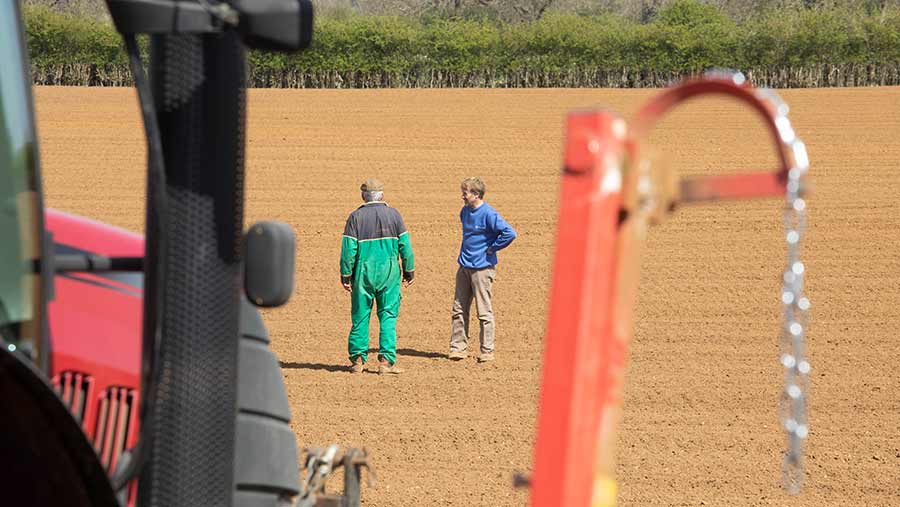Free farm business advice expanded in the South West
 © Tim Scrivener
© Tim Scrivener Farmers in Devon, Somerset, Dorset, Cornwall and the Isles of Scilly will be able to benefit from free consultancy through Devon County Council.
The council has received £2.6m funding to provide support to farmers as part of Defra’s Future Farming Resilience programme.
It will work in partnership with local consultants and advisors to provide a range of workshops and tailored individual support for farm businesses to aid the removal of the Basic Payment Scheme (BPS).
See also: Free agricultural transition advice service for farmers set to launch
The main focus of support being offered by the county council will be information workshops on topics such as the agricultural transition, exiting the farming industry, diversifications and environmental schemes, according to Defra.
More bespoke advice and one-to-one support will also be available, looking at the business’s finances and how the reduction of BPS could affect profitability.
An action plan will then be created for each business to look at ways of mitigating this.
During the earlier stages of the project, Devon County Council offered one-to-one business support to more than 350 farm businesses, and more than 740 farmers in the region have attended workshops on the agricultural transition.
About 65% of farm businesses in the South West are at risk of closure due to a strong reliance on direct payments and low profitability, according to Defra figures.
Devon-based consultancy Business Information Point will work with the council to provide some of the support.
Other local advisors and consultants are also due to be taken on shortly, with a tendering process scheduled to begin in the coming weeks for this work.
Business Information Point managing director Dee Gill is looking forward to supporting local farmers and land managers through a challenging time as direct payments are phased out as part of the agricultural transition.
Ms Gill said: “Having worked on the programme since its inception, we have supported farmers and their families across a broad range of areas such diversification, grants, soil standards, woodland creation, and succession planning, through local workshops and tailored, one-to-one advice.
“Our delivery team found that some farmers are quite excited about the changes, but they do seem to be in the minority at present.
“The general impression is that farmers are not seeing this as the end of the road for them, but they are nervous of the unknowns and changes ahead, combined with the current business landscape in which they are operating.
“The beginning of the agricultural transition has unfortunately come at a time when many other external influences are having a significant impact on farming businesses, creating additional challenges,” she said.
“The support we will be able to offer through the scale up will be flexible and tailored to each farm’s needs, enabling us to support them through the next phase of the transition,” said Ms Gill.
Rufus Gilbert, Devon County Council cabinet member for economic recovery and skills, suggests agriculture plays a key role in the Devon economy and supports thousands of jobs both directly and through rural supply chains.
Mr Gilbert believes looking after the landscape also acts as a driver for the wider tourism sector.
Mr Gilbert said: “By securing the full amount of our bid, we are able to build on the success of the initial programme in Devon and Somerset, which exceeded its initial targets. The Future Farming Resilience programme can help farming businesses and the rural economy to be more resilient, while also benefiting our local environment and helping to tackle the climate emergency.”
Farmers interested in receiving business advice through Devon County Council should phone 01392 383 000 or email farmingresilience@devon.gov.uk
National picture
Defra is providing £32m in funding as part of the final round of the Future Farming Resilience Fund, which runs from October 2022 until March 2025.
Across England, 17 organisations have been awarded grant funding to provide free consultancy services and up to 32,000 farm businesses are expected to be supported.
